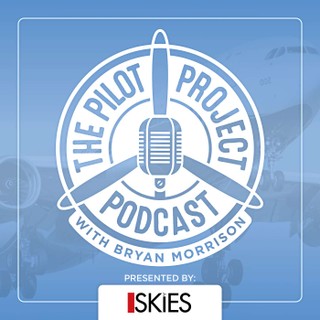
Episode 7: The Grunt: Tac Hel and the CH-146 Griffon - Pete
The Pilot Project Podcast
00:00
The Importance of Teamwork
Pilot Project: Do you have anybody that stands out to you as like kind of the shining example of what attack hell pilot should be? Captain. He was very direct, but supportive. Would speak truth to power. This guy was just, he just knew how to do every aspect of the job. I hope I can learn to do a lot of the things that he showed me.
Play episode from 31:36
Transcript


